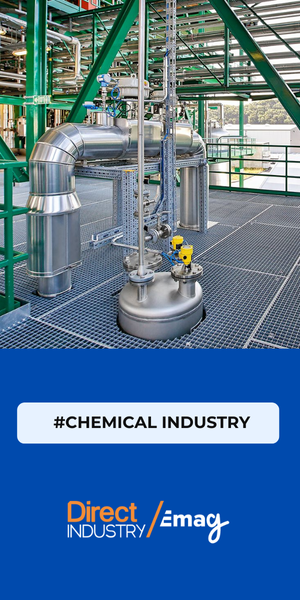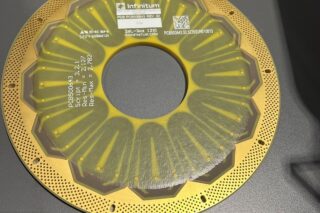South Korean researchers have developed an energy-efficient computing-based chip equipped with smell-sensing units capable of detecting food spoilage in real time. This innovative technology enables continuous monitoring, helping to reduce food waste and improve food safety. The findings of this research have been published in the journal Advanced Science.
It’s not the first time that electronic noses, also known as artificial olfactory systems (AOSs), have been developed. But so far, they have faced several limitations, including high energy consumption, time delays, and data loss. The AOS developed by researchers at Seoul National University overcomes these challenges and represents a promising solution for food spoilage detection.
A Single Chip
What sets this AOS apart is its minimal energy requirement and the integration of both sensing and computing units on a single chip. The system detects food spoilage by utilizing thin zinc oxide films capable of sensing trace amounts of hydrogen sulfide and ammonia gases, both of which are indicative of high-protein food spoilage.
During testing, the AOS demonstrated its effectiveness by continuously tracking freshness scores and food conditions while chicken tenderloin underwent the spoilage process. This real-time monitoring capability holds great promise for various applications, as it can be adapted by adjusting the gas-sensing materials and other parameters.
In a press release, Dr. Jong-Ho Lee, corresponding author and a researcher at Seoul National University, said:
“Our artificial olfactory system is extremely energy- and area-efficient since the sensing and processing units are integrated and operate concurrently like a biological olfactory system.”
Food Quality Control
This technology paves the way for enhanced food quality control. It could allow store managers and consumers to make informed decisions about food freshness, reducing food waste and ensuring food safety.







![Image [Best of 2025] Power Moves in the Energy World](/wp-content/uploads/sites/3/energy-320x213.jpg)
![Image [Best of 2025] How Generative AI Is Transforming Industry](/wp-content/uploads/sites/3/AI-4-320x213.jpg)
![Image [BUYING GUIDE] How to Choose the Right Industrial Robot?](/wp-content/uploads/sites/3/Industrial-Robot-320x213.jpg)
